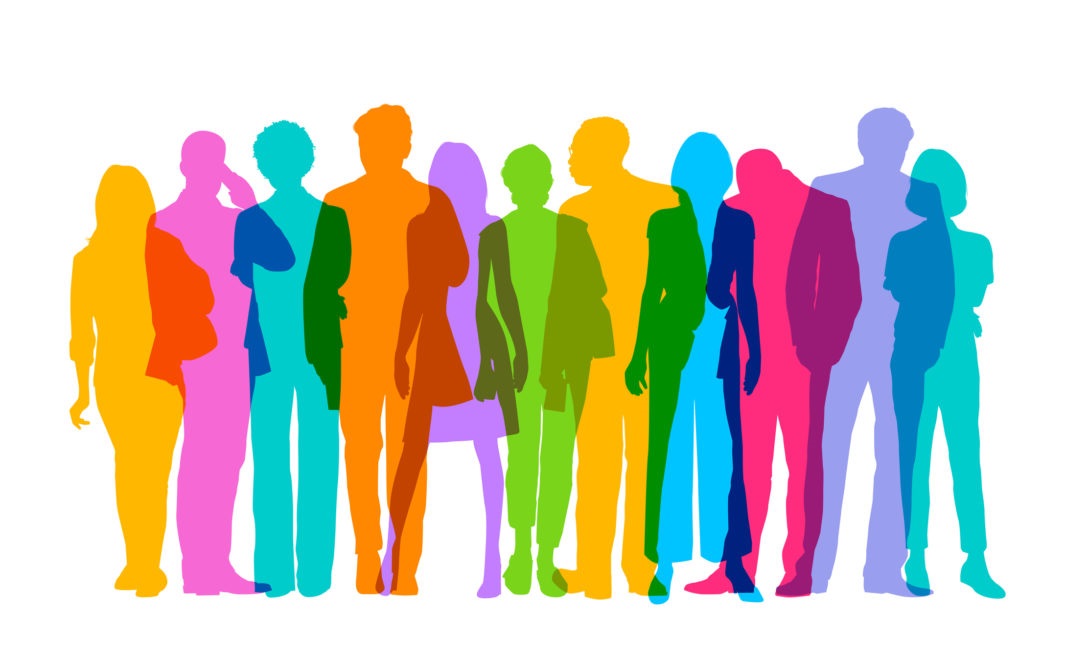Faced with the “ideological turn” that is polarizing the debate on diversity policies, interculturalism can revitalize the position of the left
Faced with the “ideological turn” that is polarizing the debate on diversity policies, interculturalism can revitalize the position of the left
Faced with the “ideological turn” that is polarizing the debate on diversity policies, interculturalism can revitalize the position of the left
An article published by Ricard Zapata-Barrero, director of the GRITIM-UPF research group, asserts that interculturalism can provide the left with a new public culture in an increasingly polarized society. For the author, there is a new, reactive political movement that builds a supposedly homogeneous social past and sees immigration as a threat that can even build a demographic majority.

Ricard Zapata-Barrero, a full professor at the UPF Department of Political and Social Sciences and director of the Interdisciplinary Research Group on Immigration (GRITIM-UPF), is the author of an article published in Journal of Intercultural Studies in which he critically examines how ideology currently permeates diversity politics and is forcing us to clarify political positions towards a much more intercultural approach. In this “ideological turn”, diversity emerges as a political option rather than a by-product of the globalization processes.
The author highlights that there is a new reactive political movement from the right that is building a discourse according to which diversity is one of the issues putting democratic societies at risk. In his view, put simply, the polarization of society into supporters and detractors of diversity is probably the best way to describe the current historical stage of Europe and other regions of the world.
“Interculturalism may have the potential to shape diversity as a new public culture and implement the scale shift of citizenship from a state to a more urban intercultural citizenship”
For Ricard Zapata-Barrero, the “great replacement” theory is turning a historical moment of irreversible demographic transformation of diversity into an ideology: “From the right we are entering a conservative era of ‘diversity phobia’, where diversity is presented as a problem: we need clear political instruments from the left that, from an equality standpoint, promote contact between people of any origin, including nationals, and normalize the historical dynamics of diversity”.
In this context, the article addresses the specificities of interculturalism and how these distinctive features can today be considered strategic resources to revitalize the position of the left in diversity policies. “Interculturalism may have the potential to shape diversity as a new public culture and implement the scale shift of citizenship from a state to a more urban intercultural citizenship. Theorizing these features from the left would certainly help to reduce right-wing ideologies that foster a strong reluctance to diversity”, the author states.
Diversity, an irreversible process on which consensus is still lacking
According to Ricard Zapata-Barrero ”the great paradox of the current historical moment lies in the fact that, after more than four decades of the process of the diversification of European and Western societies due to migratory movements, we are still discussing whether we can coexist in diversity, and how we can domesticate the perverse effects of this diversity. The fact is that we continue to frame the diversity category on our list of fears, insecurities and suspicions”.
For the author, there is still no broad consensus on the fact that the racial, religious, cultural and linguistic diversification of Western societies is an irreversible process: “Diversity deniers persist, along with climate change deniers and deniers of gender-based violence. This global movement is gaining momentum by keeping diversity in the realm of ideology and not of evidence”.
Intercultural ideology may boost the political left
Ricard Zapata-Barrero advocates addressing interculturalism as a normative approach in the politics of diversity and establishing that this ideology offers more space to redirect the current process of polarization. In the researcher’s opinion, “intercultural ideology can provide the political left with a new public mentality, a new public culture in a society of multiple identities”.
“Diversity becomes a public culture that must establish a discrimination-free public space”
Social scientists should approach diversity not as a “diversity of cultures”, but as a “culture of diversity” that needs to be provided with content: “Diversity becomes a public culture that must establish a discrimination-free public space. This means that people must learn to live in diverse environments, since the context is new for everyone”, he assures.
“This is a historic moment for the political left to generate the necessary mechanisms to embrace diversity. Intercultural ideology has an essential transformative dimension for the political left. It is time for it to foster new paths and reflections”, he concludes.
Reference article: Ricard Zapata-Barrero (2023) “Interculturalism and the Ideological Turn of Diversity Politics”, Journal of Intercultural Studies, DOI: 10.1080/07256868.2023.2293190
